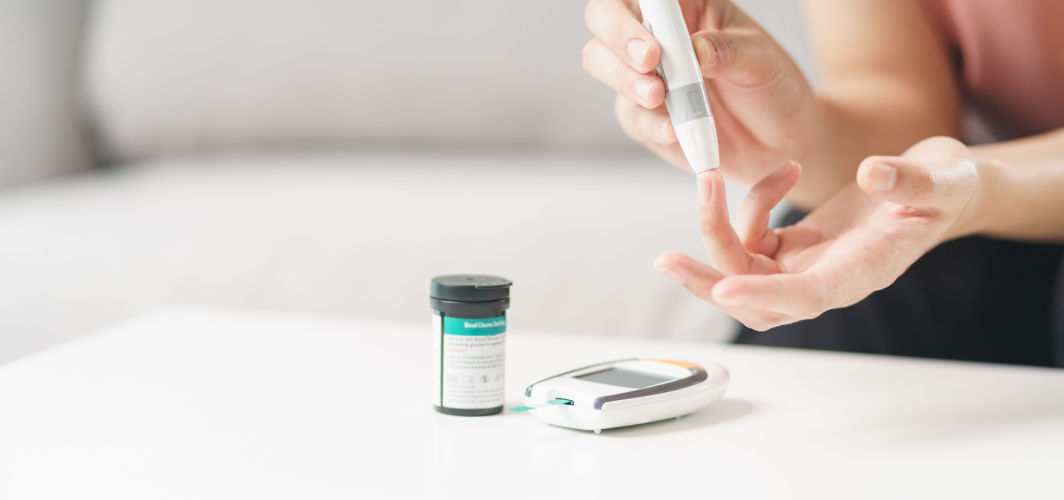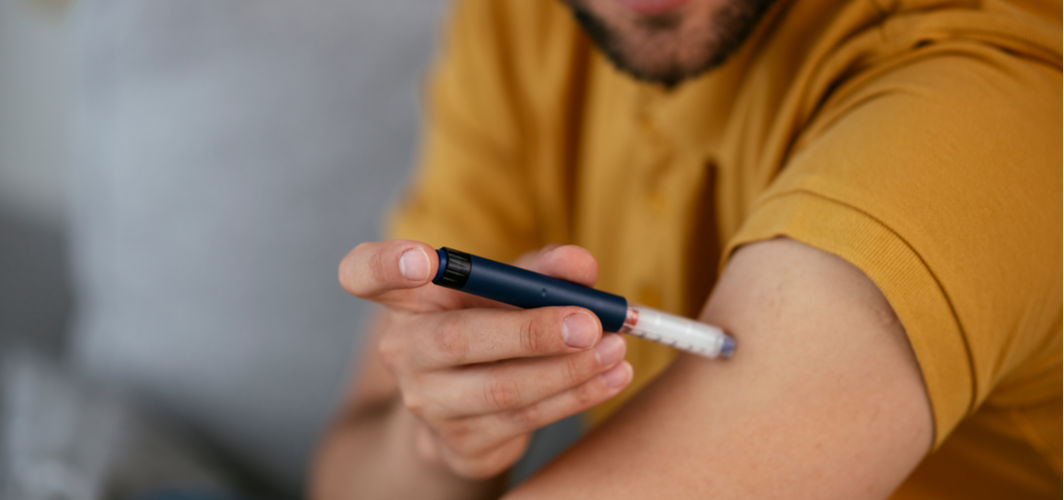Diabetes Management
Can Low-Carb Foods Help with Diabetes Remission?
4 min read
By Apollo 24/7, Published on - 25 January 2021, Updated on - 27 August 2023
Share this article
1
7 likes

What is diabetes remission?
How can a low-carb diet help in diabetes remission?
- Minimize processed foods such as cakes, biscuits, white bread and sugary beverages such as cold drinks, fruit juices and smoothies.
- Choose to have carbs from high-fibre foods such as whole fruits, whole grains, lentils, beans, nuts and seeds and green vegetables.
- Add yoghurt and low-fat milk to the diet to maintain the calcium levels in the body.
Recommended Read: Are Low-carb Diets Healthy?
Low-carb diet along with weight loss for diabetes remission
- People on a low-carb diet lost about 3.4 Kilograms of weight more than those on other diets.
- Low carb diet also reduced the triglyceride (a type of fat) levels in the body.
- 57% of the people on a low-carb diet had gone into remission, whereas only 31% of the people, out of those on another type of diet, managed to achieve remission.
- However, on following up both the groups after 12 months, diabetes remission diminished in most subjects. It was noticed that remission was prevalent only in people who adhered to the low-carb diet in a sustained manner and lost weight while following it.
- The research concluded that weight loss is extremely important for the improvement of blood sugar levels and to achieve remission from type 2 diabetes.
Takeaway
You can also manage your diabetes like a pro with Apollo 24|7's 12-week empower programme.
Diabetes Management
Consult Top Diabetologists
View AllLeave Comment
Recommended for you

Diabetes Management
Can One Eat Radish During Navratri Fasts?
During Navratri, a festival celebrated over nine days in India, fasting is common as a means of spiritual purification. Radishes, being root vegetables, are a subject of debate for many as to whether they can be consumed during this fasting period. The acceptance of radishes during Navratri fasting depends on regional and cultural variations, individual customs, and personal beliefs. In many Hindu traditions, root vegetables are avoided during fasting, yet they offer valuable nutritional benefits.

Diabetes Management
Why Should Diabetics Regularly Monitor Their Blood Glucose?
If you have diabetes, keeping an eye on your blood sugar levels is vital. Figuring out what makes your glucose levels rise and drop can prove to be extremely helpful in managing your condition. It can also help your doctor create a suitable treatment plan for you. Read on to learn about the benefits of blood sugar monitoring for diabetics.

Diabetes Management
Insulin Therapy: All You Need to Know
Insulin therapy is a treatment for diabetes that involves using insulin to regulate blood sugar levels. It is typically prescribed for people with type 1 diabetes and may also be recommended for those with type 2 diabetes who cannot control their blood sugar through other means like medications, diets and exercises.
Subscribe
Sign up for our free Health Library Daily Newsletter
Get doctor-approved health tips, news, and more.
Visual Stories

8 Fruits That are Incredibly Healthy for Diabetes
Tap to continue exploring
Recommended for you

Diabetes Management
Can One Eat Radish During Navratri Fasts?
During Navratri, a festival celebrated over nine days in India, fasting is common as a means of spiritual purification. Radishes, being root vegetables, are a subject of debate for many as to whether they can be consumed during this fasting period. The acceptance of radishes during Navratri fasting depends on regional and cultural variations, individual customs, and personal beliefs. In many Hindu traditions, root vegetables are avoided during fasting, yet they offer valuable nutritional benefits.

Diabetes Management
Why Should Diabetics Regularly Monitor Their Blood Glucose?
If you have diabetes, keeping an eye on your blood sugar levels is vital. Figuring out what makes your glucose levels rise and drop can prove to be extremely helpful in managing your condition. It can also help your doctor create a suitable treatment plan for you. Read on to learn about the benefits of blood sugar monitoring for diabetics.

Diabetes Management
Insulin Therapy: All You Need to Know
Insulin therapy is a treatment for diabetes that involves using insulin to regulate blood sugar levels. It is typically prescribed for people with type 1 diabetes and may also be recommended for those with type 2 diabetes who cannot control their blood sugar through other means like medications, diets and exercises.
